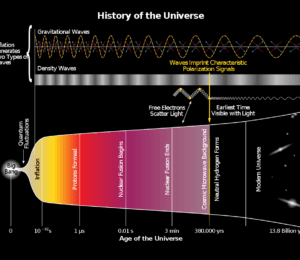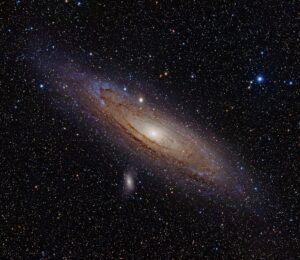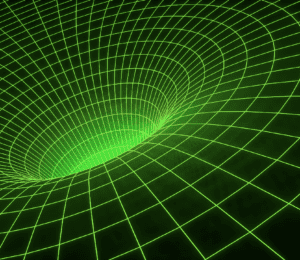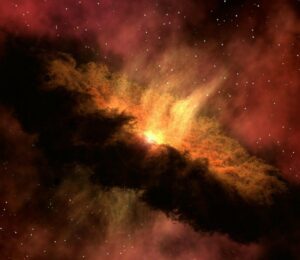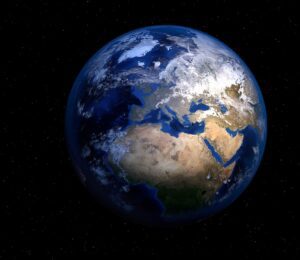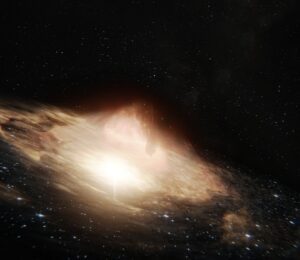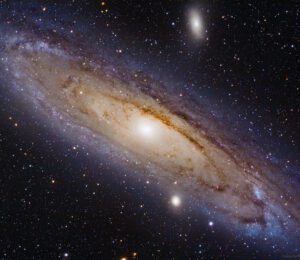Kalam Cosmological Argument
The Kalam Cosmological Argument is an attempt to demonstrate the existence of God by showing the universe is created and not eternal or self-existent. The greatest minds throughout history have attempted to characterize the universe. However, these characterizations were primarily philosophical, as there was no way to objectively evaluate the universe’s characteristics until very recently. One main concern of these philosophical meanderings was whether the universe was infinite in size and age. Ancient Greek philosophers such as Aristotle believed that matter was uncreated and eternal, making the universe eternal. Jewish thought, informed through Scripture, believed all creation had a beginning… Read More »

